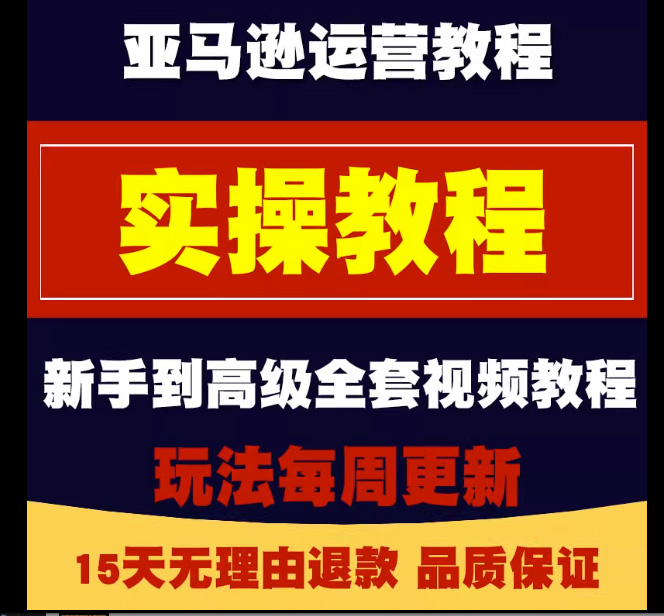红河拼多多电商培训多少钱

跨境电商培训课程
数据显示,2021年我国生鲜电商行业市场规模已经超过3000亿元,水果作为生鲜农产品的重要类别,其在电商销售渠道的占比也在日益增加。但归根到底,平台方要想在水果电商市场“分一杯羹”,还需建立严格的平台审核机制,用消费者满意的品质和服务说话,这也是其长远发展下去的动力。商家也应意识到,要想维持住销售流量,赢得消费者口碑,还应用心守住收购、包装和发货等每个环节,才能以稳定的供货品质打响自己的招牌。其实一些电商销售平台也有好的经验和做法,比如要求入驻商家在商品界面标明各类水果的大小、磕碰、成熟度情况等影像信息,重点提示水果外观存在问题等,让消费者了解果质后下单,免去了收货后“货不对板”的风险,在这些商品的留言区也是好评居多。这也证明,只要确保水果质量,让消费者与商家在水果品质上达成信息对称,不管是瞄准哪个消费渠道的水果,都能实现其应有的价值。Data shows that the market size of China's fresh e-commerce industry has exceeded 300 billion yuan in 2021, and fruits, as an important category of fresh agricultural products, are also increasing in their proportion to e-commerce sales channels. But ultimately, if the platform wants to "get a piece of the cake" in the fruit e-commerce market, it still needs to establish a strict platform review mechanism, speak with consumer satisfaction of quality and service, which is also the driving force for its long-term development. Merchants should also realize that in order to maintain sales flow and win consumer reputation, they should also carefully guard every link such as acquisition, packaging, and shipping, in order to establish their own brand with stable supply quality. In fact, some e-commerce sales platforms also have good experience and practices, such as requiring merchants to indicate the size, bumps, maturity, and other image information of various fruits on the product interface, with a focus on reminding consumers that there are problems with the appearance of the fruits, so that consumers can understand the quality of the fruits before placing an order, avoiding the risk of "wrong products" after receiving them. These products are also highly praised in the message area. This also proves that as long as fruit quality is ensured and consumers and merchants achieve information symmetry in fruit quality, regardless of which consumption channel the fruit is targeted at, it can achieve its due value.
对电商平台而言,代运营商一方面能为平台引入国内外优质品牌,提升平台的知名度,进而拉动用户流量。另一方面,代运营商所创造的GMV本身也是平台交易量的重要支撑。For e-commerce platforms, on the one hand, proxy operators can introduce high-quality domestic and foreign brands to the platform, enhance its visibility, and thereby drive user traffic. On the other hand, the GMV created by proxy operators is also an important support for platform transaction volume.
两种模式的主要区别在于经销与品牌方绑定较深,早年经销模式更容易体现一个服务商的能力,因此拥有更灵活的策略制定与定价权。但经销容易造成库存问题,投入成本大。代销模式运营成本小,毛利高,但代运营企业的角色更像是“4A公司”,决策度低,竞争也更激烈。The main difference between the two models lies in the deeper binding between the distribution and brand side. In the early years, the distribution model was more likely to reflect the capabilities of a service provider, thus possessing more flexible strategic formulation and pricing power. But distribution can easily cause inventory problems and high investment costs. The commissioned sales model has low operating costs and high gross profit, but the role of the commissioned operation enterprise is more like that of a "4A company", with low decision-making and more intense competition.
从经销模式转型为代理模式,从垂直品类到全品类,代运营商们往往会“水土不服”。一是,曾经的经验方法论不一定能再度成功,靠路径依赖难以打动品牌;二是消费品品类普遍面临着上新频繁、SKU多、新老品牌竞争激烈等问题,掌握话语权的品牌也不会将“鸡蛋放在一个篮子里”。From the distribution mode to the proxy pattern, from the vertical category to the full category, the agent operators tend to "acclimatize". Firstly, previous empirical methodologies may not necessarily succeed again, and relying on path dependence is difficult to impress brands; Secondly, consumer goods are generally facing problems such as frequent updates, multiple SKUs, and fierce competition between old and new brands. Brands that have the say will not "put eggs in one basket".
从分工理论上而言,电商代运营企业的出现是一种必然,且未来随着电商平台的进化,专业化的服务商依旧大有可为。但另一种悖论在于,作为平台与品牌背后的“打工人”,代运营企业注定难以掌握话语权。与平台、品牌这种脆弱的关系导致了行业的分散性,赢家往往不会一直赢。From the perspective of division of labor theory, the emergence of e-commerce proxy operators is inevitable, and with the evolution of e-commerce platforms in the future, there is still great potential for specialized service providers. However, another paradox lies in the fact that as the "workers" behind platforms and brands, it is destined to be difficult for proxy operators to have a say. The fragile relationship with platforms and brands leads to industry dispersion, and winners often do not always win.

